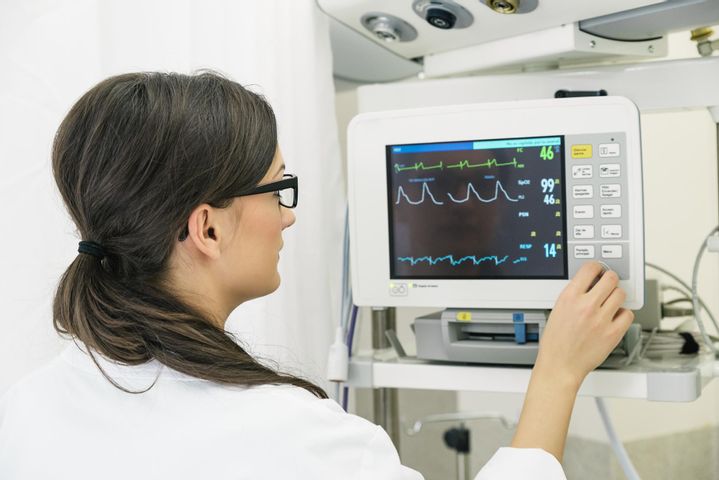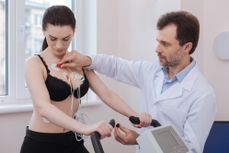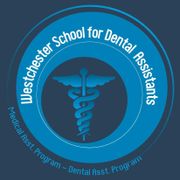A Guide to Electrocardiography

Electrocardiograms are also referred to as ECGs or EKGs. There are slight differences between the two, as an ECG provides an ultrasound of the heart, while an EKG gives information about the rhythm of the heart. They are often done one after the other, so if you’re pursuing a medical assistant certification, you should be well-versed in these procedures. Here’s what you need to know about electrocardiography.
What Is an Electrocardiogram?
Multiple sensors are placed on the upper body for this test. It will show the timing of the electrical impulses that squeeze the heart and send blood pumping through your veins. Doctors and medical assistants can review the results in real-time on a screen. When electrical activity passes through a healthy heart, they can see the beats of the top and lower chambers.
 The first electrical impulse is marked by a “P-Wave,” and it’s followed by a long, flat line. The bottom is separated into left and right chambers, also known as ventricles. These form the next set of electrical impulses known as the “QRS Complex.” The last electrical impulse is called the “T-wave,” and it represents the ventricles as they return to a latent state before the entire process starts again.
The first electrical impulse is marked by a “P-Wave,” and it’s followed by a long, flat line. The bottom is separated into left and right chambers, also known as ventricles. These form the next set of electrical impulses known as the “QRS Complex.” The last electrical impulse is called the “T-wave,” and it represents the ventricles as they return to a latent state before the entire process starts again.
What Are They Used For?
Doctors and individuals with a medical assistant certification use the ECG to determine how long it takes for electrical impulses to pass through the heart. Patients may undergo an ECG to detect irregularities in their heartbeat, or after a heart attack. The information can be used to determine if the electrical activity is too fast, slow, or weak.
The test can also determine the size of a heart via the electrical impulses passing through the muscle. Enlarged and overworked heart muscles can be established with an ECG, helping the doctor make decisions about the proper care.
If you’re interested in advancing your career by getting a medical assistant certification, contact Westchester School for Dental Assistants in Elmsford, NY. Specializing in medical assistant training, their dedicated staff members equip students with the tools and experience they need to enter the field. Visit the website to learn what graduates have to say about the program, or call (914) 682-9001 to speak with a member of their team about getting a medical assistant certification.
About the Business
Have a question? Ask the experts!
Send your question

